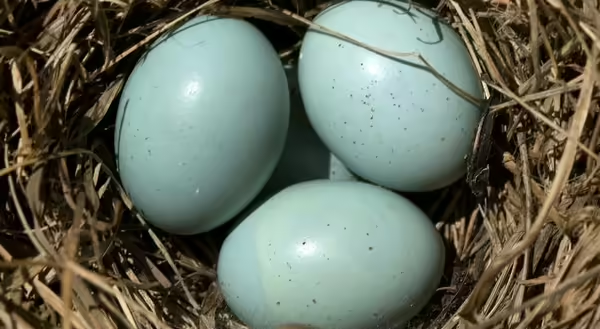
Children dream of being great things.
With imagination and energy, children envision their futures in many professions – some humble, some in the light of fame. As adults, our jobs do not always align with our youth ambitions, but if your childhood dream involved being a scientist, Citizen Science may satisfy your thirst for scientific exploration.
Citizen Science, increasingly promoted as Community Science to reinforce participation by every member of a community, has four common features:
- Projects are accessible to all members of a community (locally or globally)
- Participants make observations (collect data) with the help of tools (apps, trainings, scientists)
- Data is shared directly back to scientists and project managers via websites or apps
- Scientists make real-world findings from the gathered data
Community Science engages all ages of the public as field researchers.
“Research” may sound overwhelming or difficult, but each program offers step-by-step guidance and a local or online community of fellow community scientists. The accessibility of these programs beckons the scientifically curious to explore and contribute, often from the comfort of their own backyard, a favorite park, or a nature preserve.
In your local community, University of Illinois Extension Master Gardeners and Master Naturalists engage in various Community Science projects.
In Livingston, McLean, and Woodford Counties Illinois Grand Prairie Master Naturalists support BeeSpotter, Riverwatch, iNaturalist, FeederWatch, eBird and NestWatch, a project from Cornell Lab of Ornithology.
“…to monitor and support the lives of fledgling bluebirds, purple martins and other species is special. To see young birds develop knowing there has been a regional decline in bird populations makes you feel like you are making a difference.”
-Clarence Josefson. University of Illinois Extension Master Naturalist
Using low-tech tools, the Master Naturalist Douglas Kauffman-Dickson participates in the precipitation program, CoCoRaHS (Community Collaborative Rain, Hail and Snow Network) to report year-round measurements of rain, snow, or hail.
“I was already paying attention to the weather, but it gave me something to do with my observations. It has helped me to better understand our region’s long-term climate patterns.”
-Douglas Kauffman-Dickson. University of Illinois Extension Master Naturalist
Community observations are mapped after submission and create a valuable historical timeline of weather events that are helpful to state climatologists and the National Weather Service.
In Central Illinois, there is strong support for I-Pollinate, a Community Science project developed by University of Illinois Scientists and Extension Specialists. Community members report observations of native pollinators (monarchs and select bee species) in I-Pollinate-designed gardens. University of Illinois Extension Master Gardeners in Livingston, McLean, and Woodford Counties incorporate the native and ornamental designed gardens into their community projects for public education and to support pollinator research.
Although the weight of a simple observation may feel insignificant, when combined with a community of observations, it makes a monumental impact.
Just think, with a simple upload of that native species photo, your contribution of a data point could help increase scientific understanding of the natural world. It is also a great excuse to get out into nature.
Come the holiday season, bundle up and join in the Audubon Society's 123rd Christmas Bird Count in Bloomington-Normal, Ill.
Photo Credit: "Bluebird eggs" by Watts photos1 is licensed under CC BY 2.0.
ABOUT THE AUTHOR: Nick Frillman is a Local Foods and Small Farms Educator serving Livingston, McLean, and Woodford Counties. A fourth-generation graduate from University of Illinois, Frillman has a B.A. with a double major of Political Science and Spanish and a M.S. in Crop Science with a focus on crop production. Before joining Illinois Extension, Frillman completed a field season of CSA and farmers’ market-style production at a small “beyond-organic” vegetable farm in Sandy, Oregon.
ABOUT THE EDITOR: Liz Repplinger is the Agriculture and Natural Resources Program Coordinator serving Livingston, McLean, and Woodford Counties. A Bloomington-Normal native, Liz earned a B. A. in Animal Science and an M.S. in Animal Science from Illinois State University. She has enjoyed contributing to the multiple facets of Extension including previous support of the 4-H Youth Development Program as a program coordinator and current support of Unit and Statewide Diversity, Equity and Inclusion Initiatives.